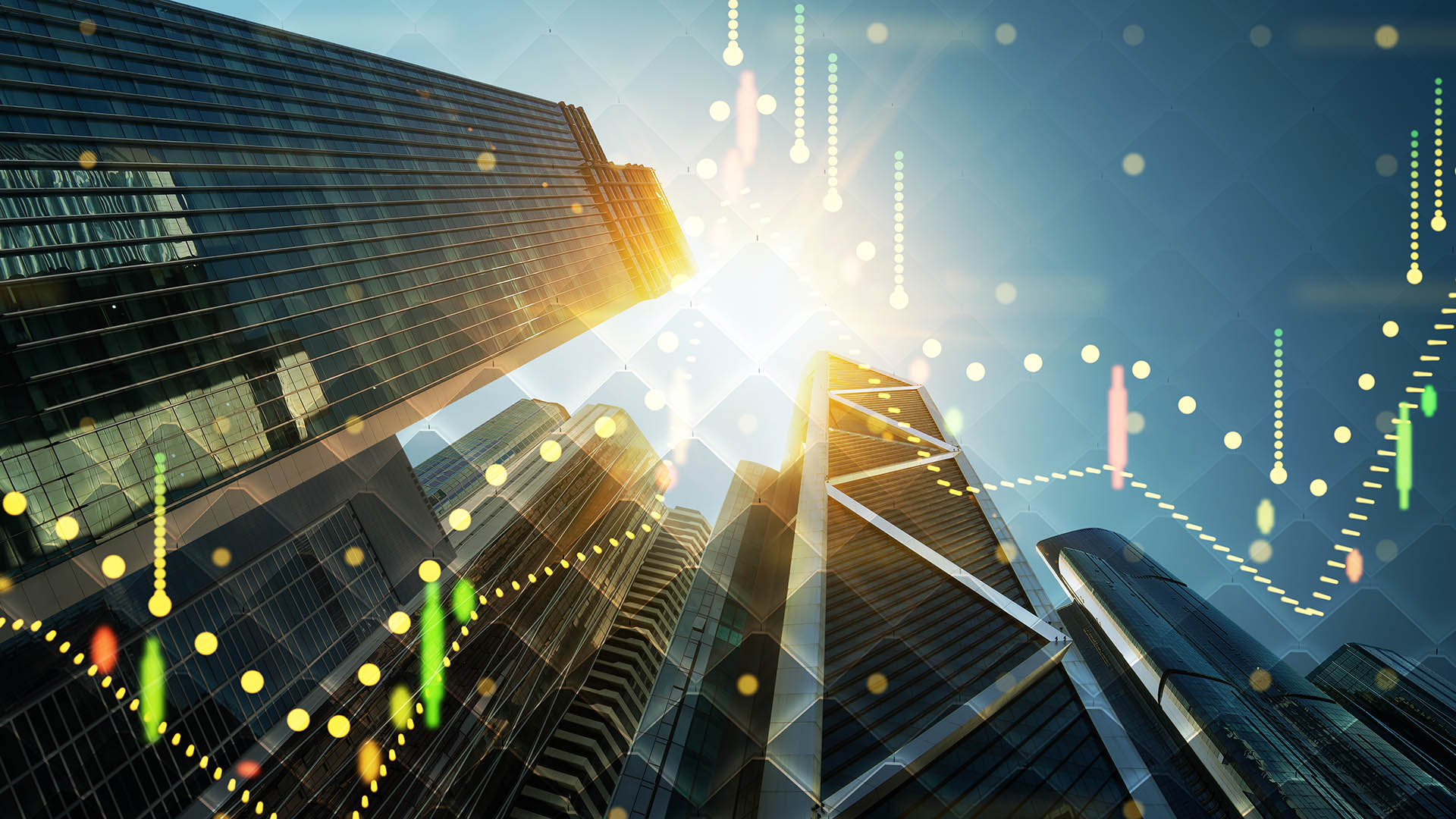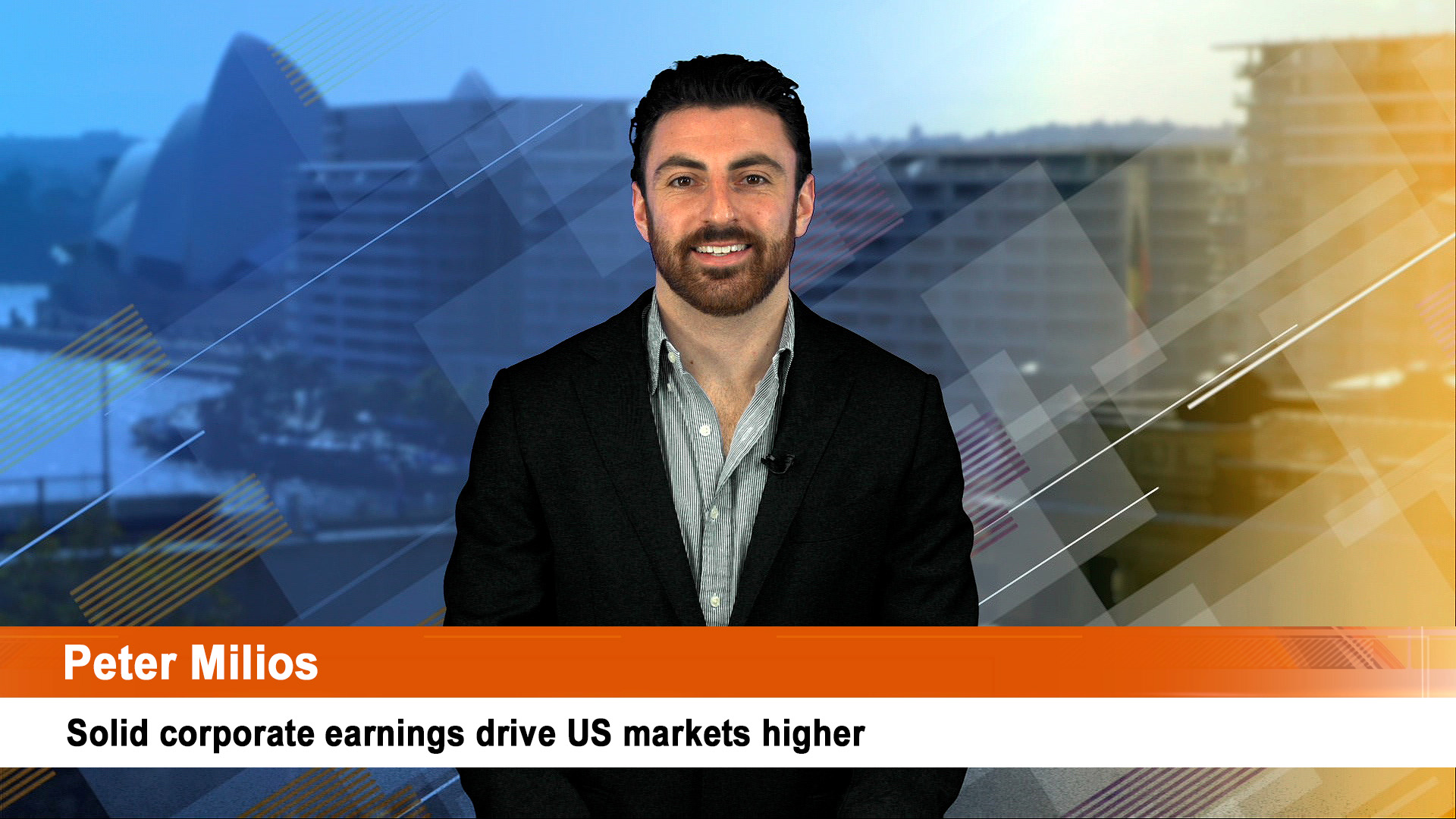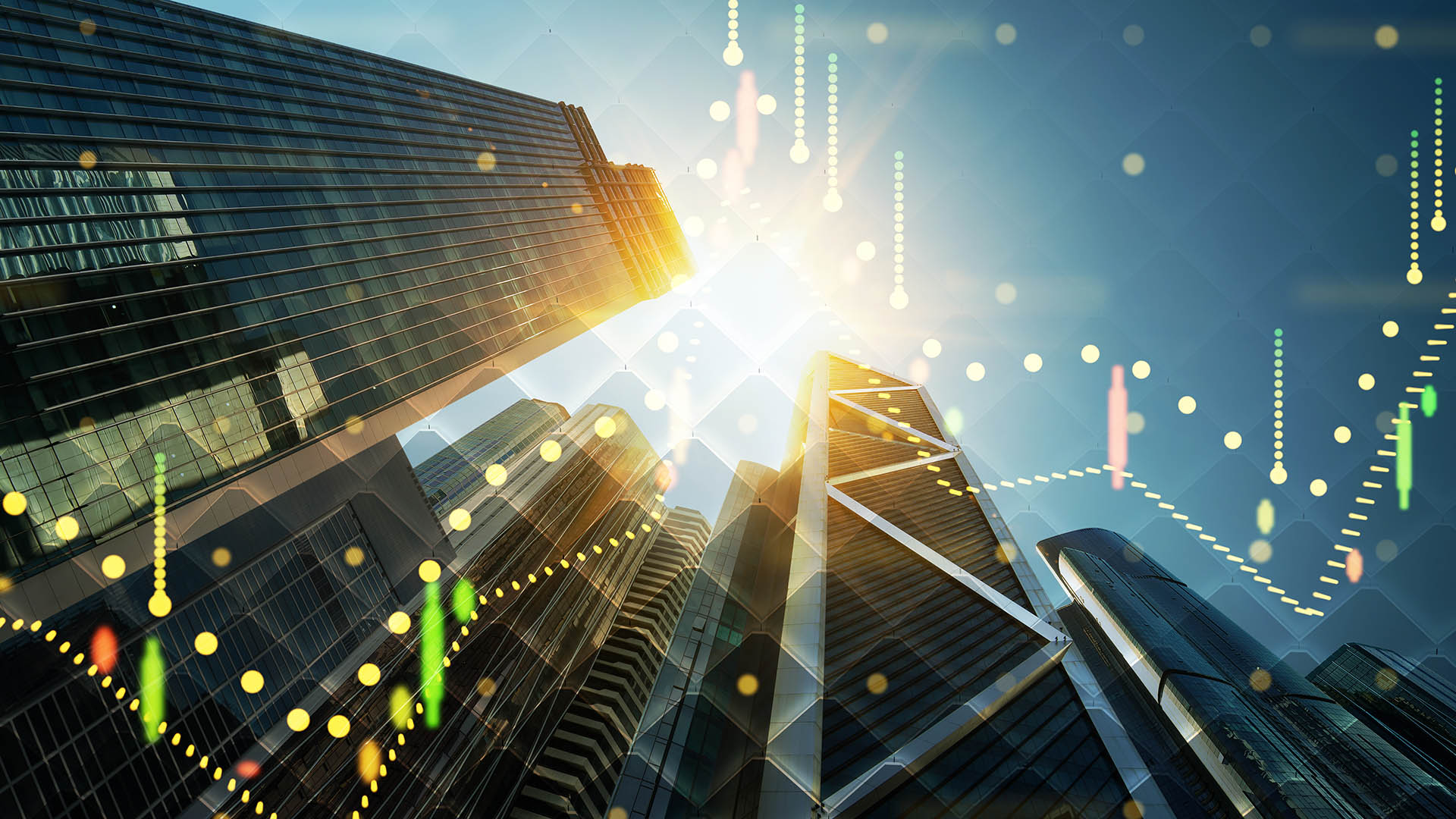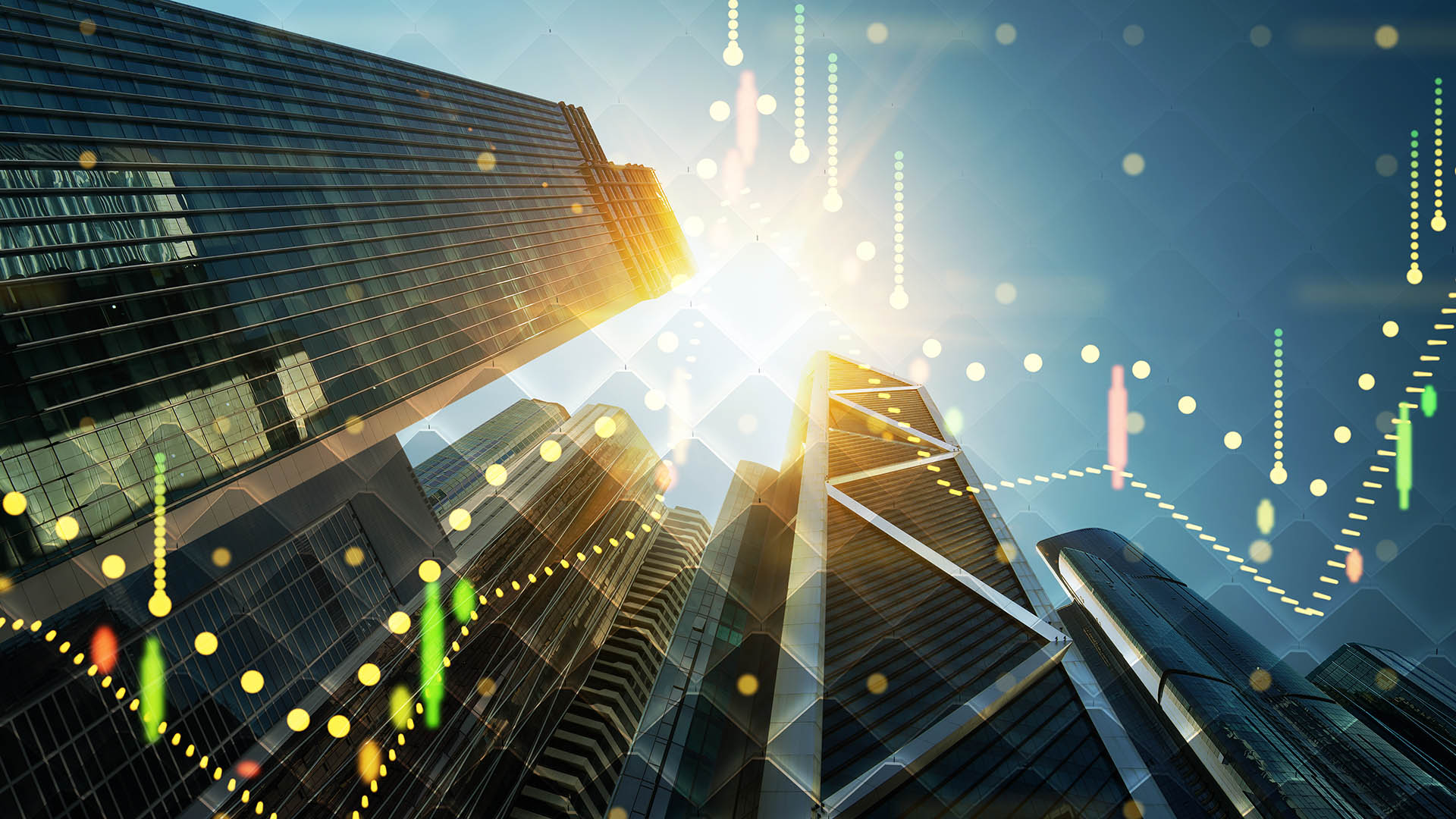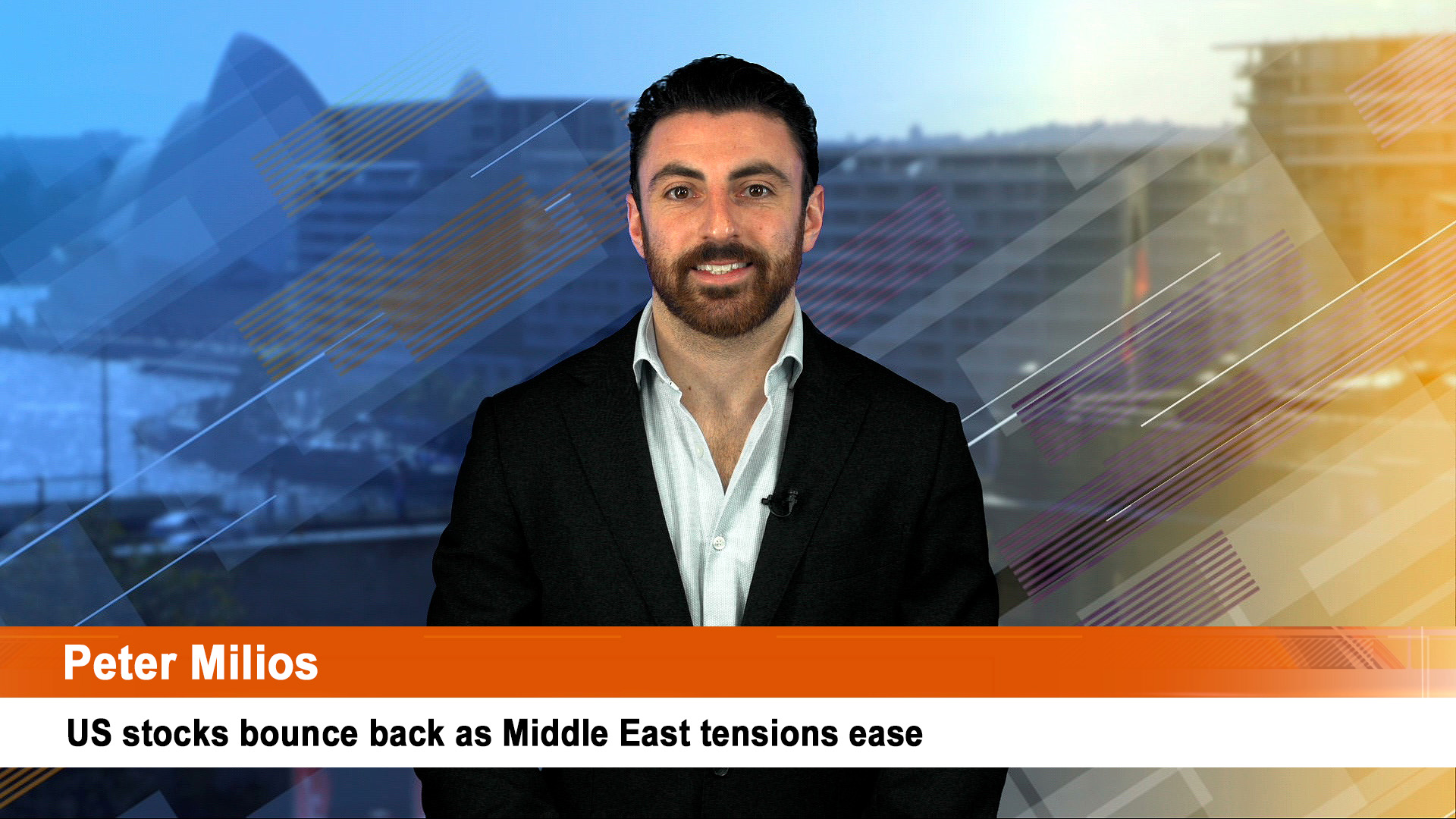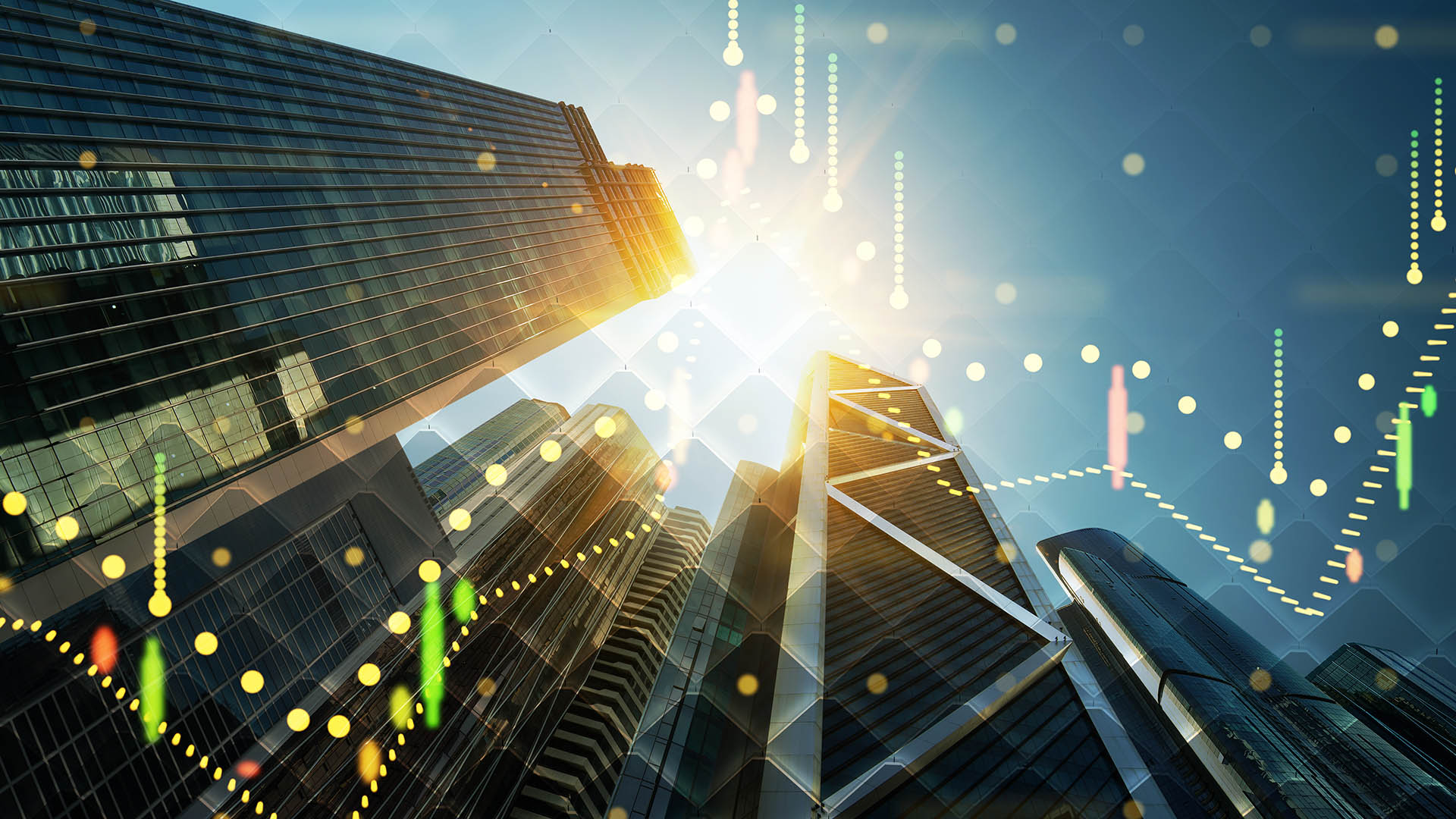Gee the ole Aussie stockmarket looks great at the moment, doesn’t it, compared with its bigger peers offshore? Hong Kong, for example.
Quietly, Asia’s third biggest stock exchange – Hong Kong – has become a global laggard thanks to an unholy combination of successive waves of Covid, China’s creeping takeover of the territory and assault on individual freedoms and rights as well as companies local and mainland, and now of course the Russian invasion of Ukraine.
Only Tokyo and Shanghai have larger market values.
Monday’s 3.9% fall in Hong Kong’s Hang Seng Index saw it close at its lowest since July 2016. No other major market has seen such a retreat – and we do not regard Russian markets as globally important.
It is a sign of yet another own-goal by China’s government and President Xi Jinping.
The sneaking takeover by Beijing was bad enough for many local and western investors, but this came as Xi and is supporters launched an all-out regulatory and personal assault on some of the country’s biggest private companies, major sectors such as tech and their leaders and major shareholders.
While some key stock indexes in mainland China also fell to their lowest levels in more than a year on Monday, none have fallen as low as Hong Kong.
Some commentators claimed the weekend meeting of China’s National People’s Congress failed to ease investor concerns about the regulatory outlook for the country’s beleaguered technology and property sectors. But in reality, the absence of any comments in the annual work paper from the Government told the real story – the crackdown and hard line is here to stay, regardless of the impact on the Hong Kong market and investors.
The Hang Seng is a key gauge of Hong Kong’s broader market and the confidence investors have in the territory – at the moment that confidence is shot to bits. Major markets have rebounded from the Covid pandemic sell-off of 2020, Hong Kong hasn’t.
It had listed shares worth more than $US5.2 trillion as of February. A year ago, the market was 26% higher. The slump of the past year is a standout negative performance among major markets.
The Hang Seng Index has been remade in recent years to better reflect the rising number of Chinese and other tech stocks but that approach was ruined by China’s curbs on sectors such as technology, gambling, property, and after-school education.
That saw the index lose 14% in 2021 even as markets elsewhere saw big rises, especially in the final quarter.
After recouping some of those losses in the first six wees of 2022, the Hang Seng fell back into negative territory in late February as Russia’s invasion of Ukraine rattled investors and the city struggled to battle its biggest Covid-19 wave.
Monday’s fall, to 21,057.63, took the index’s year-to-date losses to 10% and means it is about 2% lower now than it was a decade ago.
Given all this weakness, the Hang Seng is not the worst in the word – European markets are down 15% and more, Nasdaq is off 18%, the S&P 500 is off nearly 12% and Toyko’s Nikkei is down 12%.
By contrast, the commodity rich ASX is ‘only’ off 5.45% year to date. For years foreign analysts and local big mouths have derided the ASX for being dominated by banks (as Is Hong Kong) and resource companies and not enough techs and nets like Wall Street, and you guessed it, Hong Kong and Shanghai.
Guess what is making the ASX look good – the likes of BHP, Rio, Fortescue Metals, Woodside, Santos, OZ Minerals, Newcrest and more. Not to mention a AAA credit rating and very solid currency.
Another commodity market – Canada’s Toronto’s Index is up for the year because oil and gas companies are a bigger part of the economy and the market than in Australia and also a big exporter of potash, fertilisers, wheat, canola, as well as oil and gas.





